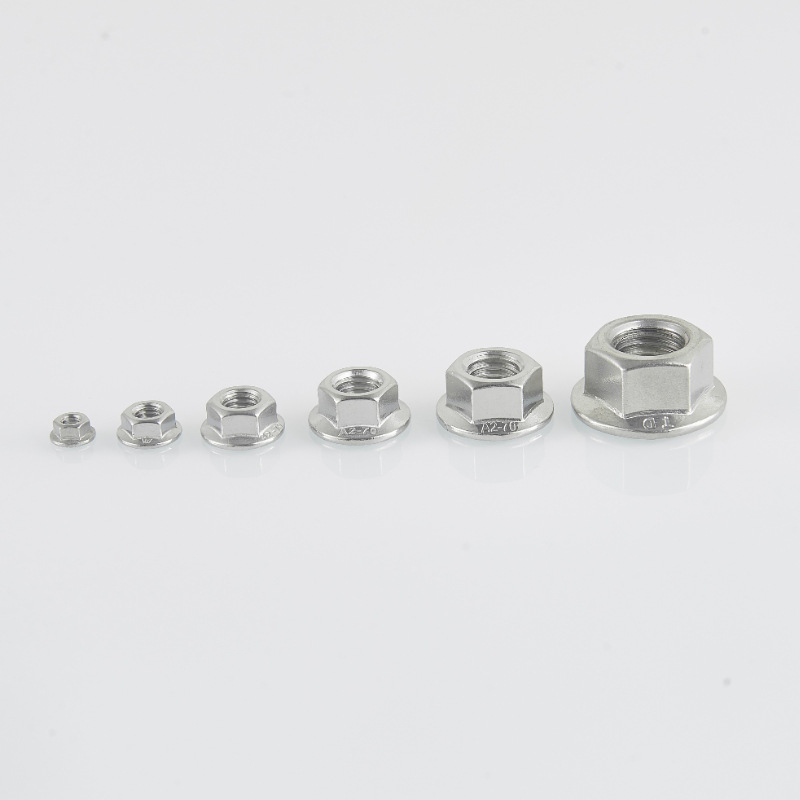

Different Varieties of Steel Washers for Various Applications and Uses
Nov . 07, 2024 13:39 Back to list
Different Varieties of Steel Washers for Various Applications and Uses
Types of Steel Washers An In-Depth Guide
Washers are essential components in various engineering and construction applications, providing a flat surface to distribute load, reduce friction, and serve as spacers. Among the various materials used for washers, steel is a popular choice due to its strength, durability, and versatility. This article explores the different types of steel washers, their characteristics, and applications.
1. Flat Washers
Flat washers are the simplest and most commonly used type. They are circular with a hole in the center and are primarily used to distribute the load of a screw or nut over a larger surface area. This reduces the likelihood of damage to the material being fastened and helps prevent loosening due to vibration. Flat washers are available in various sizes and thicknesses and can be made from different grades of steel such as carbon steel, stainless steel, or alloy steel.
2. Lock Washers
Lock washers are designed to prevent loosening of bolts and nuts due to vibration or movement. They come in several designs, including split lock washers, toothed lock washers, and wave washers. Split lock washers feature a gap that creates a spring-like effect, while toothed lock washers have teeth that dig into the surfaces to resist loosening. Wave washers, on the other hand, provide a spring effect and are often used in applications that require a certain amount of flexibility.
Spring washers are similar to lock washers but are primarily used to provide tension within a bolted assembly. They compress and decompress under load, allowing for movement while maintaining a steady force. This type of washer is often used in applications subjected to dynamic loads, such as machinery and automotive components. Stainless steel or high-carbon steel is typically used in their construction for added durability.
4. Belleville Washers
types of steel washers

Belleville washers, also known as disc springs, are conical-shaped washers that offer a high degree of flexibility and resistance to axial loads. They can be stacked to achieve desired spring characteristics and are often used in applications that require precise load adjustment, such as in aerospace and automotive engineering. Their unique shape allows for efficient use of space while providing significant load-bearing capabilities.
5. Shoulder Washers
Shoulder washers are designed to provide insulation and are used in electrical applications. They have a shoulder that fits into the hole of the material, providing a shelf for the screw or bolt to rest on. This design allows for better electrical isolation and reduces the risk of short circuits. Shoulder washers are available in steel or metal-composite materials, particularly in applications requiring non-conductive properties.
6. Rubber Washers
While not purely steel, rubber washers have steel reinforcement and are often utilized in hydraulic or pneumatic systems. Their rubber component provides an excellent seal against fluid leakage, while the steel part ensures strength and reliability under high pressure. These washers are crucial in preventing joint leakage in various machinery and plumbing applications.
Conclusion
When selecting the right type of steel washer for a particular application, it is essential to consider factors such as load bearing, environmental conditions, and the specific requirements of the assembly. Each type of steel washer offers unique benefits, from enhancing stability and preventing loosening to providing insulation and sealing capabilities. As engineering and manufacturing standards evolve, the use of steel washers continues to play an integral role in ensuring the longevity and reliability of mechanical assemblies.
Choosing the right washer not only improves the performance of your assembly but can also prevent costly failures and repairs in the future. With ongoing innovations in steel and manufacturing processes, washers will continue to adapt to meet the ever-changing demands of technology and engineering. Whether in construction, automotive, or aerospace industries, understanding the different types of steel washers is crucial for any professional working in these fields.
Latest news
-
Premium Self Tapping Metal Screws: Strong & Easy Install
NewsAug.02,2025
-
Premium Fasteners Manufacturer | AI-Driven Solutions
NewsAug.01,2025
-
Hot Dip Galvanized Bolts - Hebei Longze | High Strength, Corrosion Resistance
NewsAug.01,2025
-
High-Strength Hot Dip Galvanized Bolts - LongZe | Corrosion Resistance, Custom Sizes
NewsAug.01,2025
-
Best Self Tapping Screws for Drywall - Fast & Secure Installation
NewsJul.31,2025
-
High-Strength Hot Dip Galvanized Bolts-Hebei Longze|Corrosion Resistance&Customization
NewsJul.31,2025

